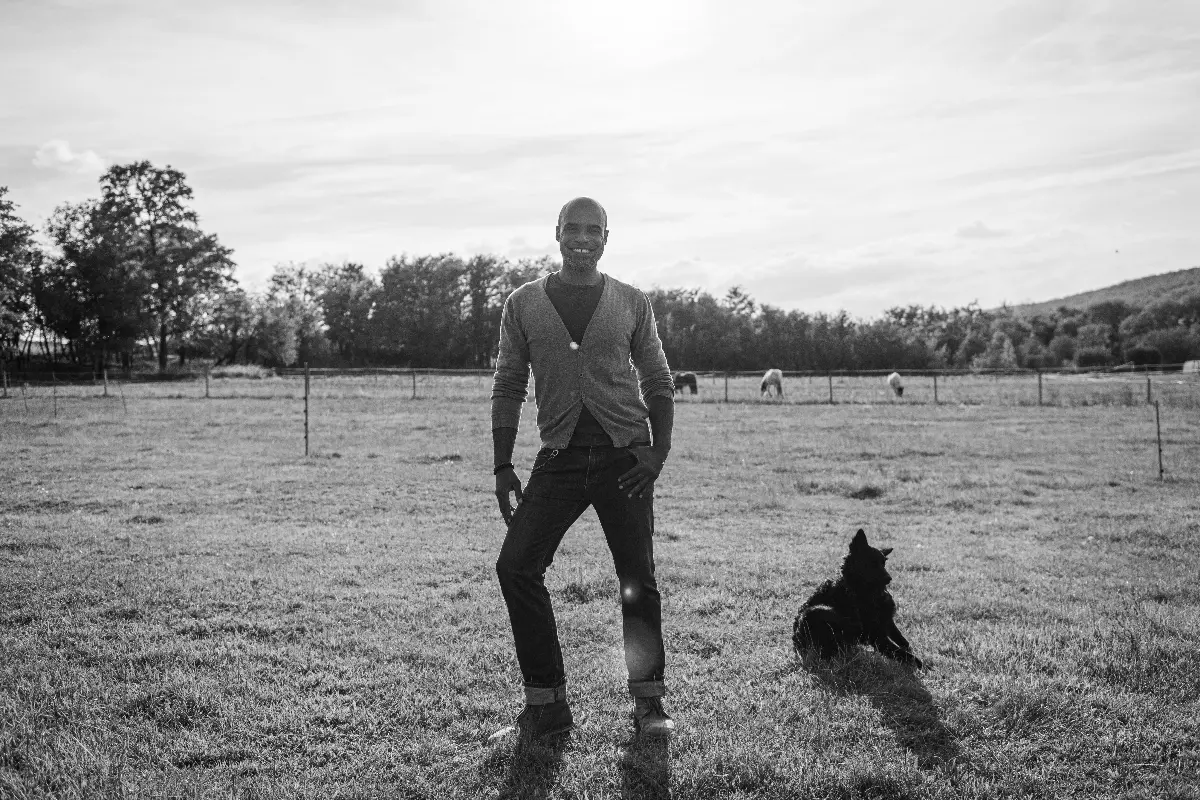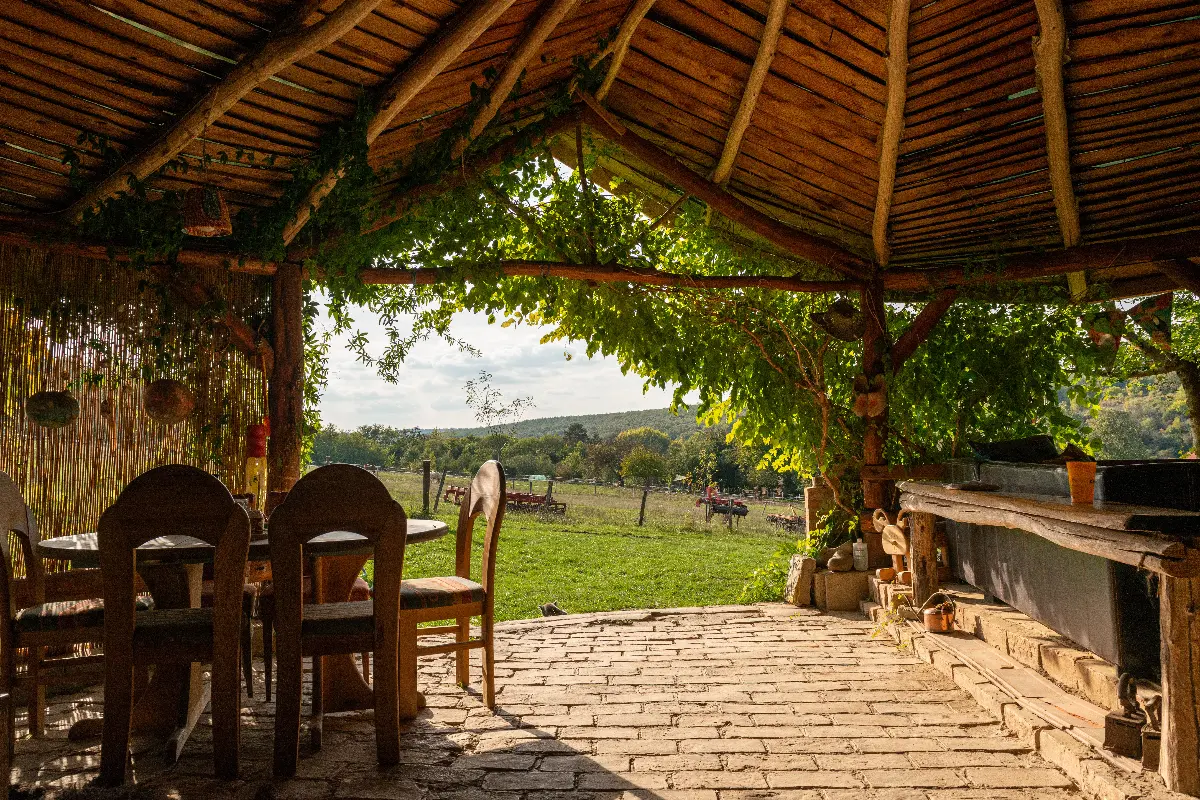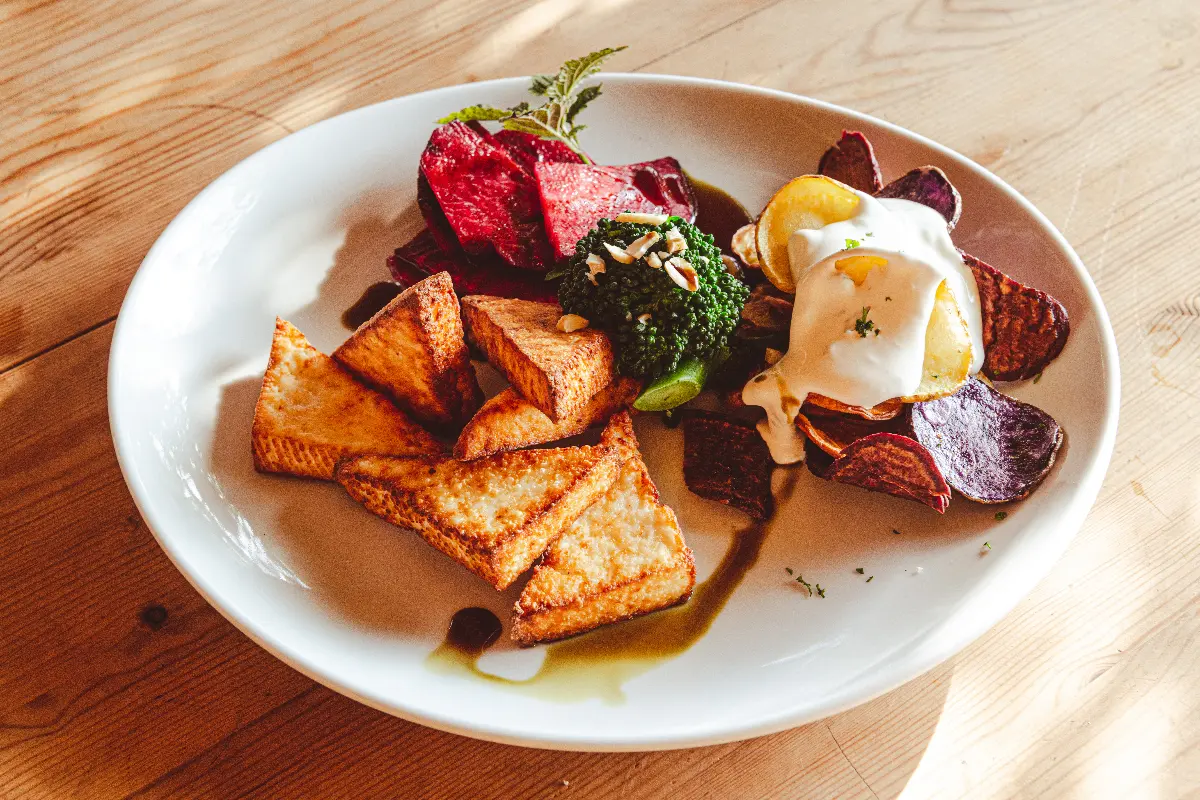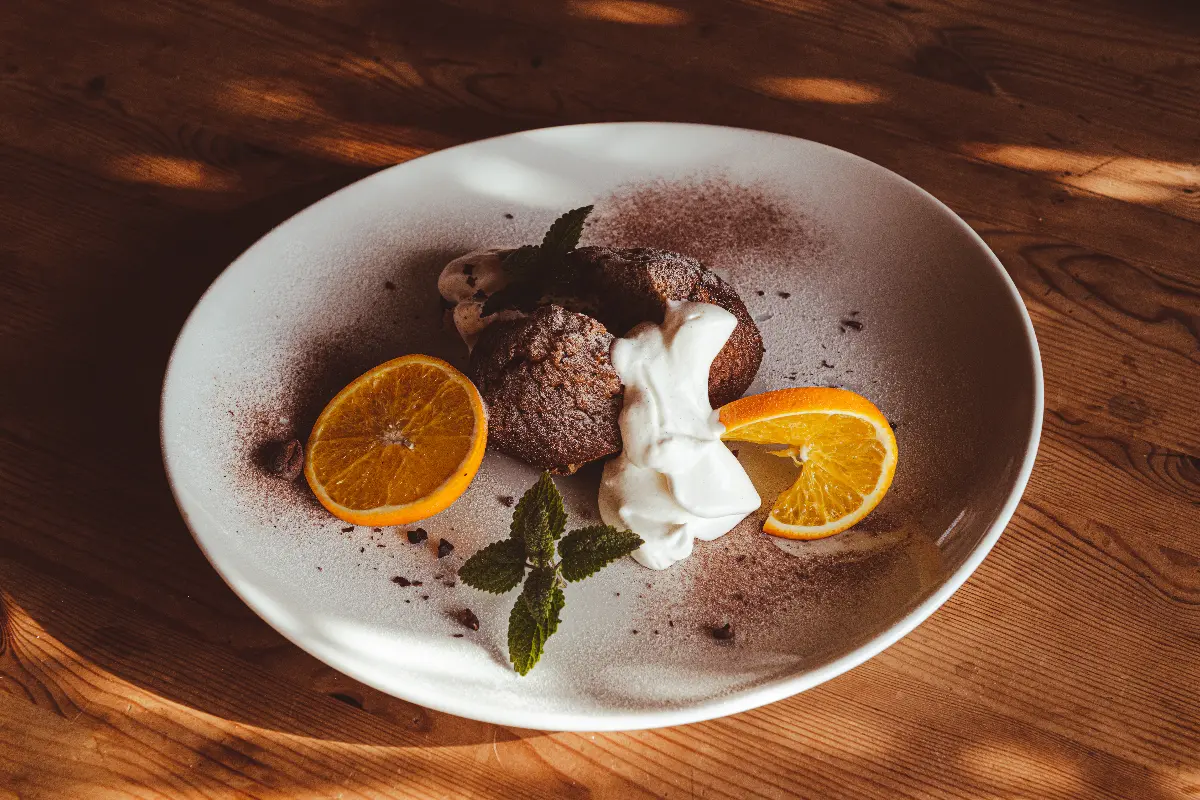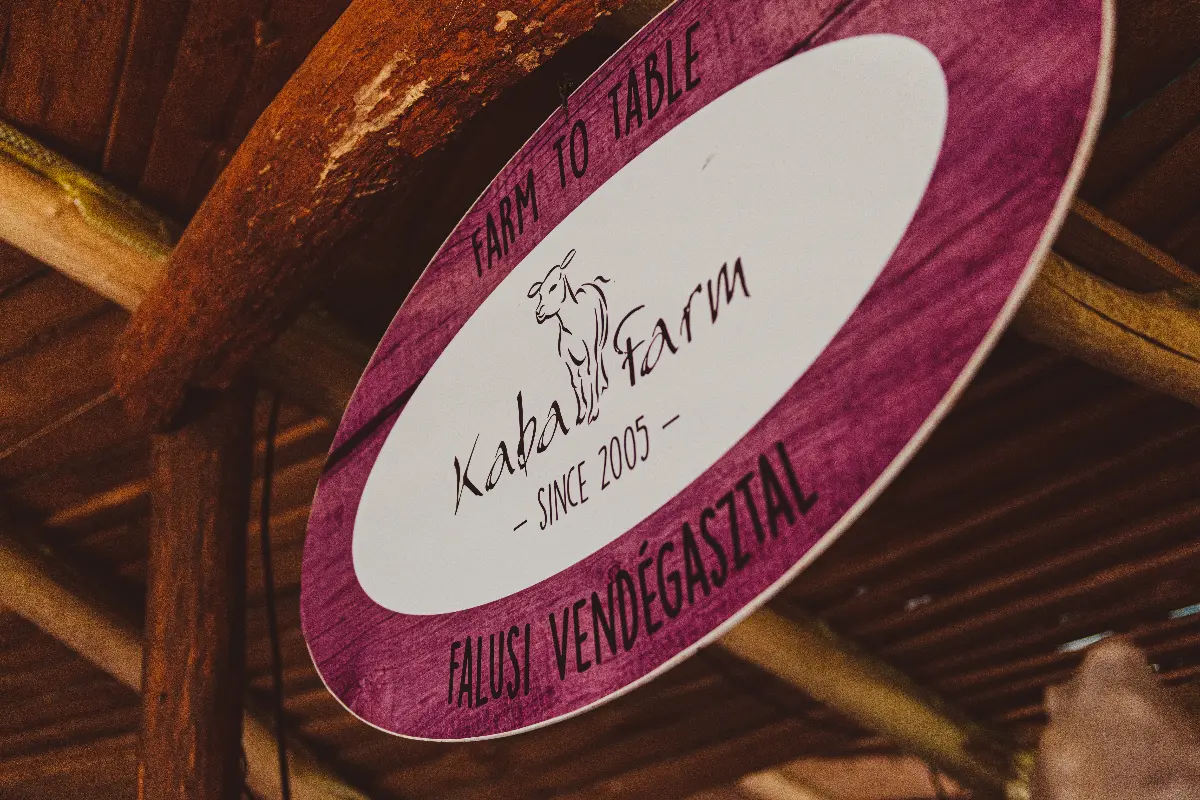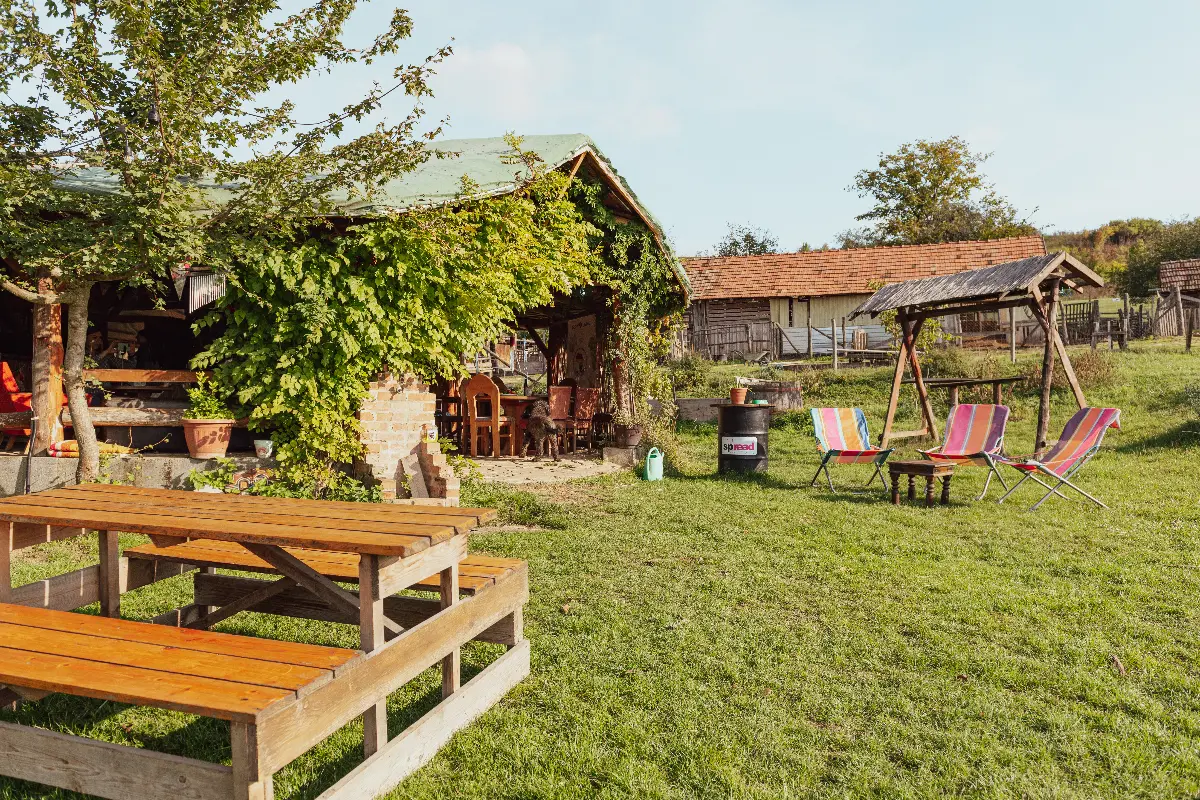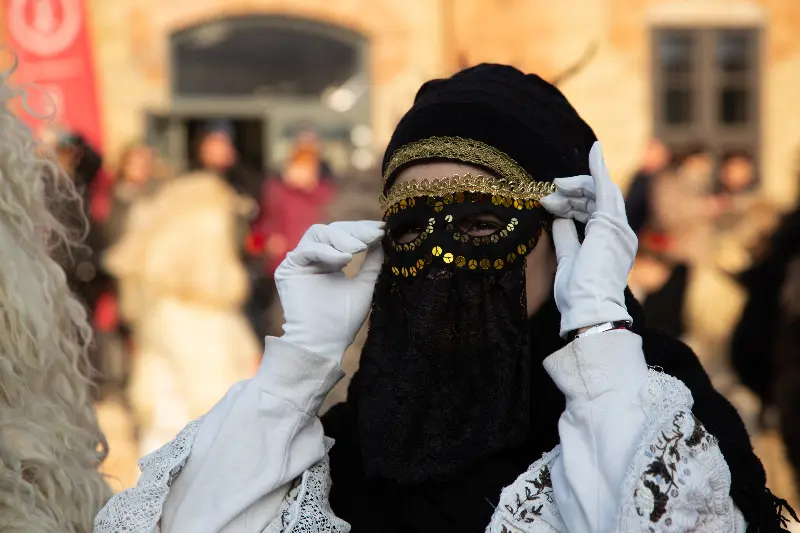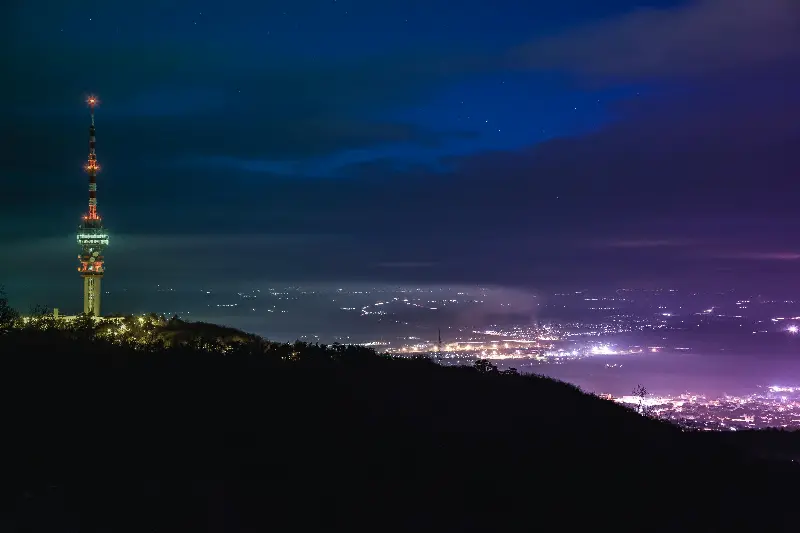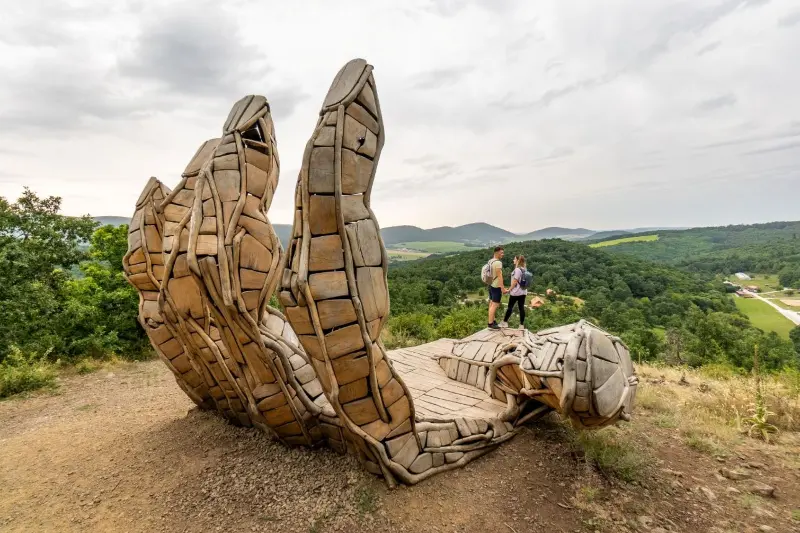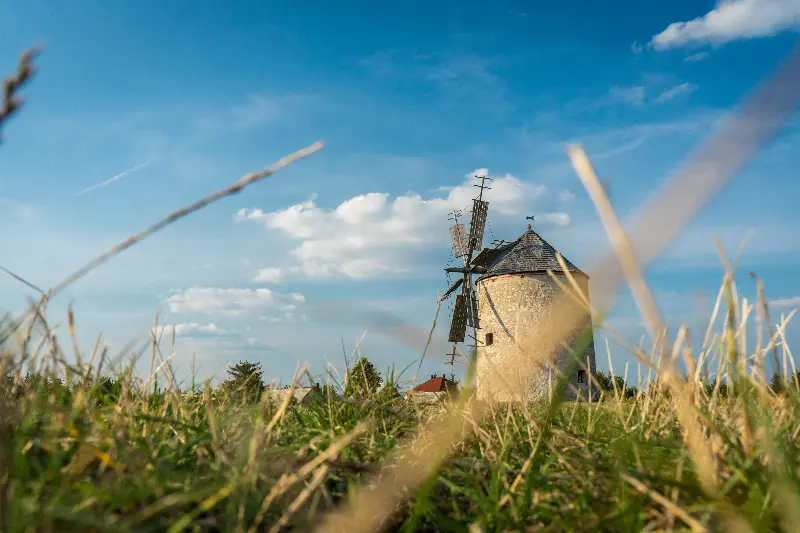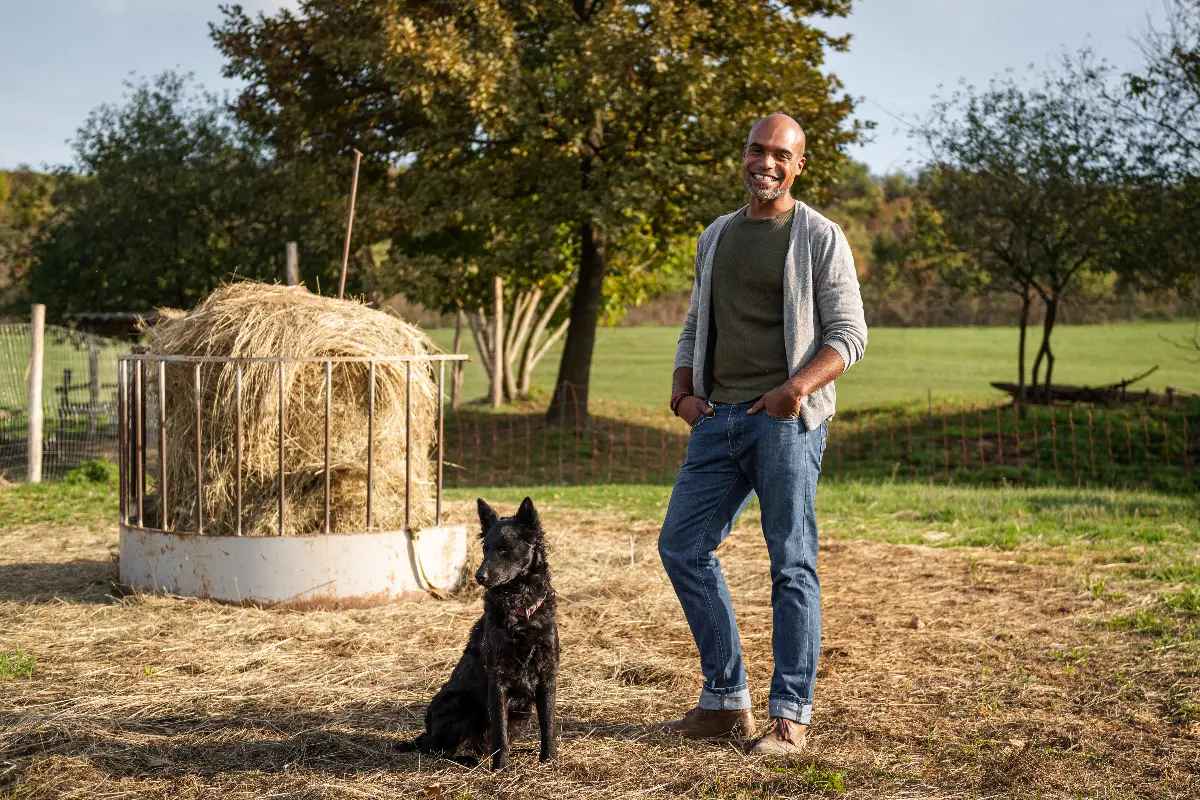
Helyszín címkék:
The Guinean-Hungarian Goat Cheese Maker Left Switzerland Due to Boredom
Szabó Sára
Almáskeresztúr is a lovely dead end village not far from Szigetvár. When one arrives in the village, there is a feeling that it has wonderful experiences to offer. The magical little farm of Kaba Lamine and Simone, where visitors are welcomed with open arms, lies at the edge of the village. Slightly above the entrance, in the hillside, a half-covered open air community space is located, which blends into the landscape. Village guest tables, tastings and community events take place here and we also sit down here to talk, while delicious dishes are being prepared in the kitchen. But no matter how captivated we are by rural romanticism, it is hard to believe that someone would replace Swiss prosperity with a piece of hidden, bushy, uncultivated Hungarian land. But that's exactly what happened.
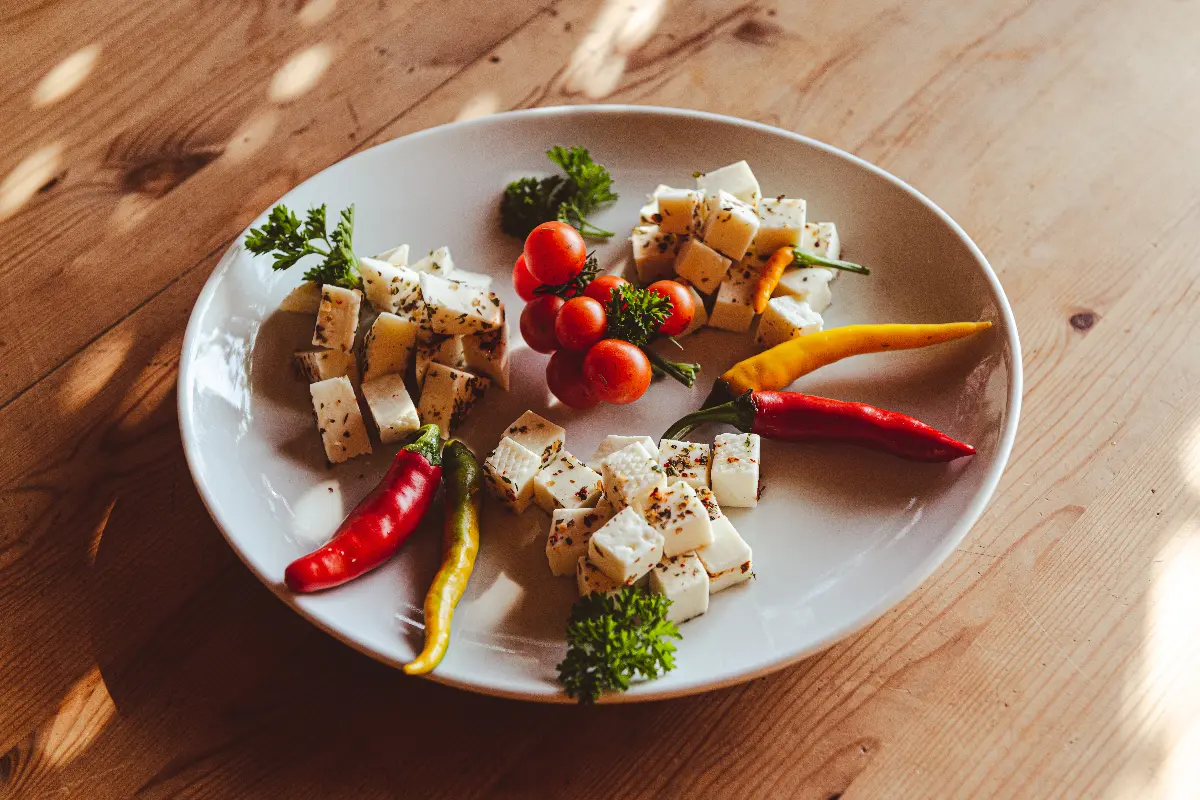
“We had everything so easily that we got bored. We had a flat and management positions: I worked as a chef, Simone as a waitress. But it just didn’t seem enough,” says Lamine, and he explains how they started to build the farm. “We didn’t plan on keeping the goats, we only bought a few animals because of the bushes at the beginning. Naturally, goats are social animals, so we had more of them at the beginning, and we needed to do something with the milk.” This is how the first goat milk products came to life and the news immediately spread throughout the village. Yoghurt, kefir and cream cheese are prepared at Kaba Farm while their main profile is cheese, the short-ripened semi-hard summer cheese. Sometimes they also make ripened cheeses if they have enough milk, but customers usually buy the products so quickly that there is no time for ripening. “The product promoted itself, people came and asked whether it was possible to buy some more,” says Lamine. Previously, they never dreamed of establishing a business around this. Yet the stock grew as demand increased and Lamine and his wife had more and more animals. Currently, they have fifty-five goats, including Alpine, Boer, Bavarian, Brown, and Nubian ibex breeds. “They are mixed-breed, like me,” says Lamine laughing. At the farm, they also keep pigs, sheep, hens, cats and shepherd dogs, who sometimes establish order in the creative chaos.
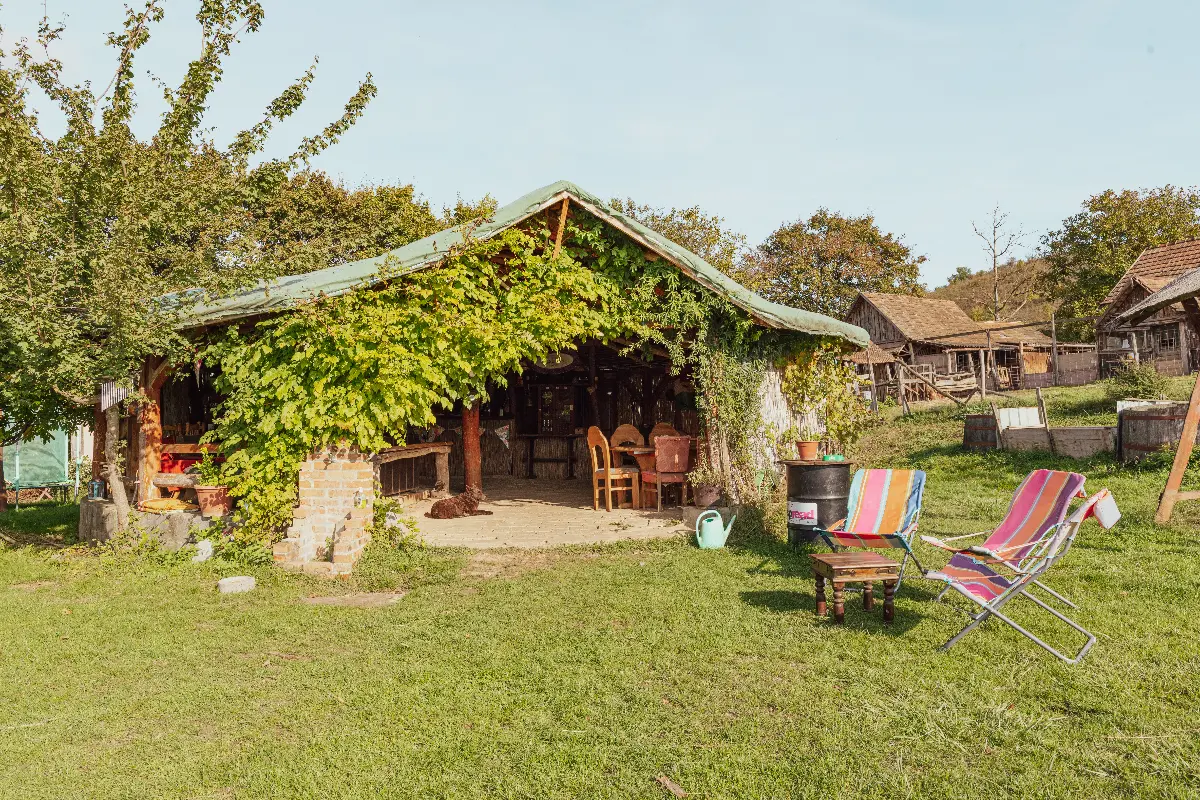
“It would be nice to have more businesses like this,” explains the Guinean businessman, gesturing at the farm around him. “Many, small farms. For me this is the sustainable vision; that in other small villages like this, everyone does something similar: making bread, cheese or meat products and there is a place where the village guest table can be set up and the people of the village can come together to feast,” explains Lamine about his visions. He adds that although he can’t prove it, he feels that animals and plants have their own vibrations, just like people. “If we produce the food for ourselves, we can feel the love and care we put into it. If we eat such food, we will have better vibrations. Just think about it: decades ago, all the daily activities were focus on meals and the production of food. Food was the most important factor. Now there is hardly anything left of this and we just grab something quick to eat and rush onto the next task. We don’t get back anything from the vibrations of nature, but the man is lost without his relationship with nature.” According to Lamine, this will cost us dearly if we don’t change. “Everyone should have what we have here. A piece of land to be cultivated, a touch of calm, and a bite of nature. I hope that more and more people will have the courage to break free, just as we did,” say Kaba Lamine in summary – we will definitely see him again at his unmissable gastro retreat in Almáskeresztúr.
